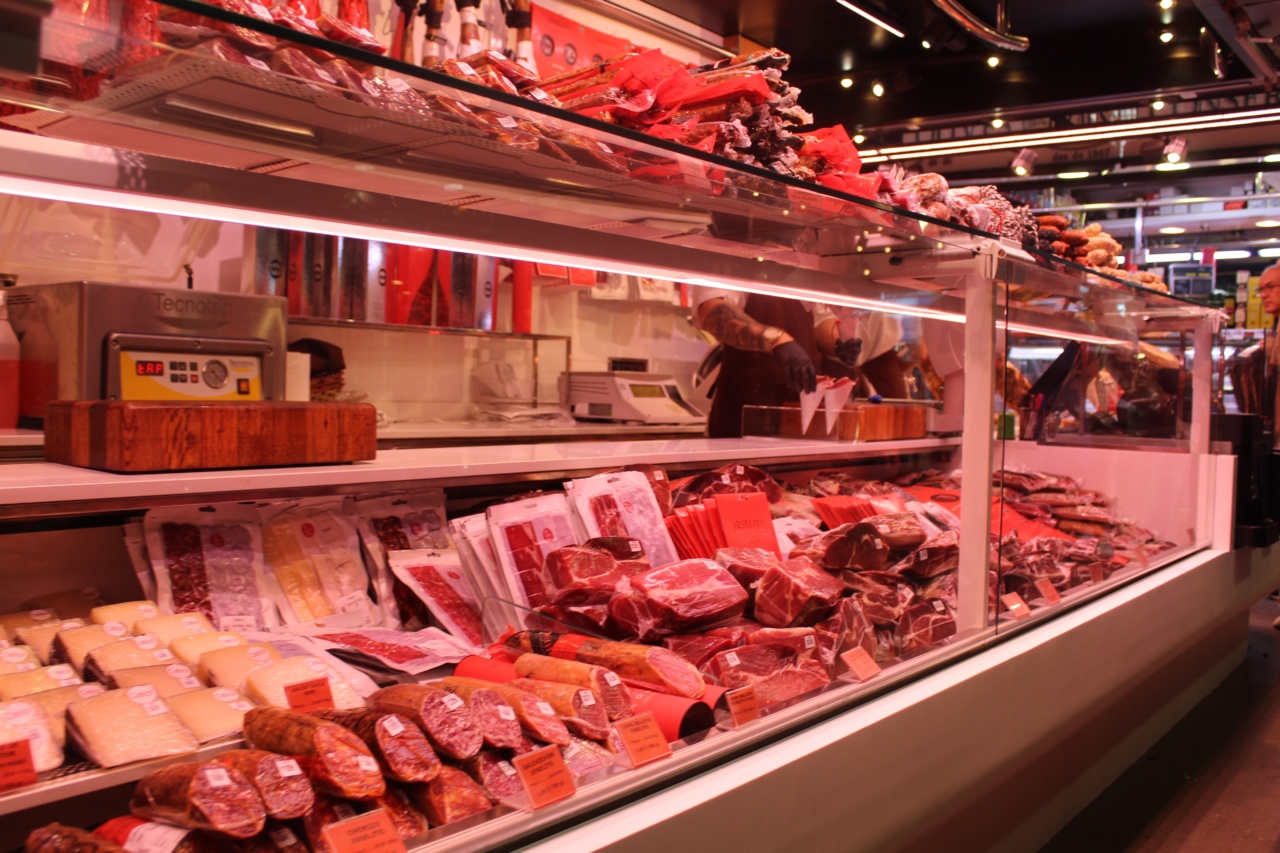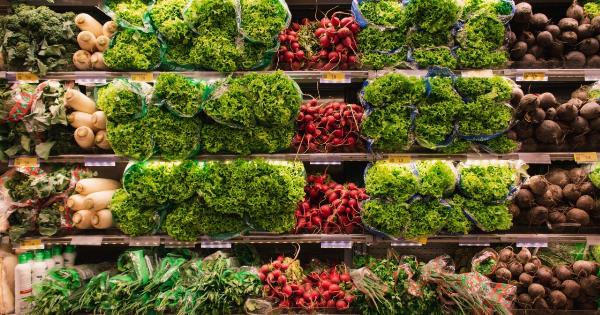When it comes to storing food, it’s not always clear whether certain items should be kept in the fridge, freezer, or if they can simply be stored at room temperature.
Here we have quantified 32 common foods and outlined the best way to store each item for optimal freshness and safety.
Foods that should be stored in the fridge
These items should be stored in the refrigerator to prevent bacteria growth and ensure freshness and safety:.
Eggs
Eggs should always be stored in the fridge. Keeping them on the counter can cause them to spoil faster as bacteria can multiply quickly at room temperature.
Store them in their original carton on a shelf in the fridge rather than the door to maintain a consistent temperature.
Milk and Dairy Products
All dairy products, including milk, cheese, and yogurt, should be stored in the fridge. This helps prevent the growth of harmful bacteria and extends the shelf life of these products.
Raw Meat, Poultry, and Seafood
Raw meat, poultry, and seafood must be kept in the fridge to prevent the growth of harmful bacteria that can cause foodborne illnesses. Always keep these products on the bottom shelf of the fridge to prevent any accidental drips or cross-contamination.
Leftover Food
If you don’t plan on eating your leftovers in the next few hours, it’s best to store them in the fridge. This will help maintain freshness and prevent the growth of bacteria.
Be sure to cool your leftovers to room temperature before putting them in the fridge to avoid a rapid rise in temperature that can affect other items in the fridge.
Fruits and Vegetables
Many fruits and vegetables should be stored in the fridge to maintain freshness. This includes leafy greens, berries, carrots, and cucumbers.
However, tomatoes, bananas, avocados, and citrus fruits should not be stored in the fridge as the cold temperature can affect their flavor and texture.
Condiments
Most condiments, such as ketchup, mustard, and mayo, can be stored in the fridge for optimal flavor and safety. Be sure to check the label for specific storage instructions for each product.
Foods that should be stored in the freezer
These items should be stored in the freezer to extend their shelf life and prevent spoilage:.
Bread and Baked Goods
If you don’t plan to eat your bread or baked goods within a few days, they should be stored in the freezer. This will help prevent mold growth and maintain freshness. Be sure to store them in airtight containers to prevent freezer burn.
Meat, Poultry, and Seafood
If you’re not planning to cook raw meat, poultry, or seafood within a couple of days, it’s best to store them in the freezer. This will help prevent bacteria growth and keep the food fresh for longer.
Frozen Fruits and Vegetables
Frozen fruits and vegetables are a great way to keep these items on hand for longer periods of time. They are often just as nutritious as fresh options and can be added to meals for a healthy boost of vitamins and minerals.
Ice Cream and Frozen Desserts
Ice cream and other frozen desserts should be stored in the freezer to maintain their texture and flavor. Be sure to keep the container tightly sealed to prevent the formation of ice crystals, which can affect the texture of the dessert.
Foods that can be stored at room temperature (in-between)
These items can be kept at room temperature without spoiling, but should still be stored properly:.
Pantry Staples
Items like dry pasta, rice, and beans can be stored at room temperature in your pantry. Just be sure to keep them in airtight containers to prevent infestation by pests like weevils or beetles.
Canned Goods
Canned goods like soups, vegetables, and fruits can be stored at room temperature, but again, they should be kept in a cool, dry place. Be sure to check for any signs of damage or dents before consuming, as this can lead to bacterial growth.
Fresh Produce
Some produce, like potatoes, onions, and garlic, can be stored at room temperature in a cool, dry place. Just be sure to avoid direct sunlight and keep them away from any heat sources like your stove or oven.
Final Thoughts
Knowing the best way to store your food can help you save money and reduce food waste. By following these guidelines, you can ensure that your food remains fresh, safe to eat, and full of flavor.



























